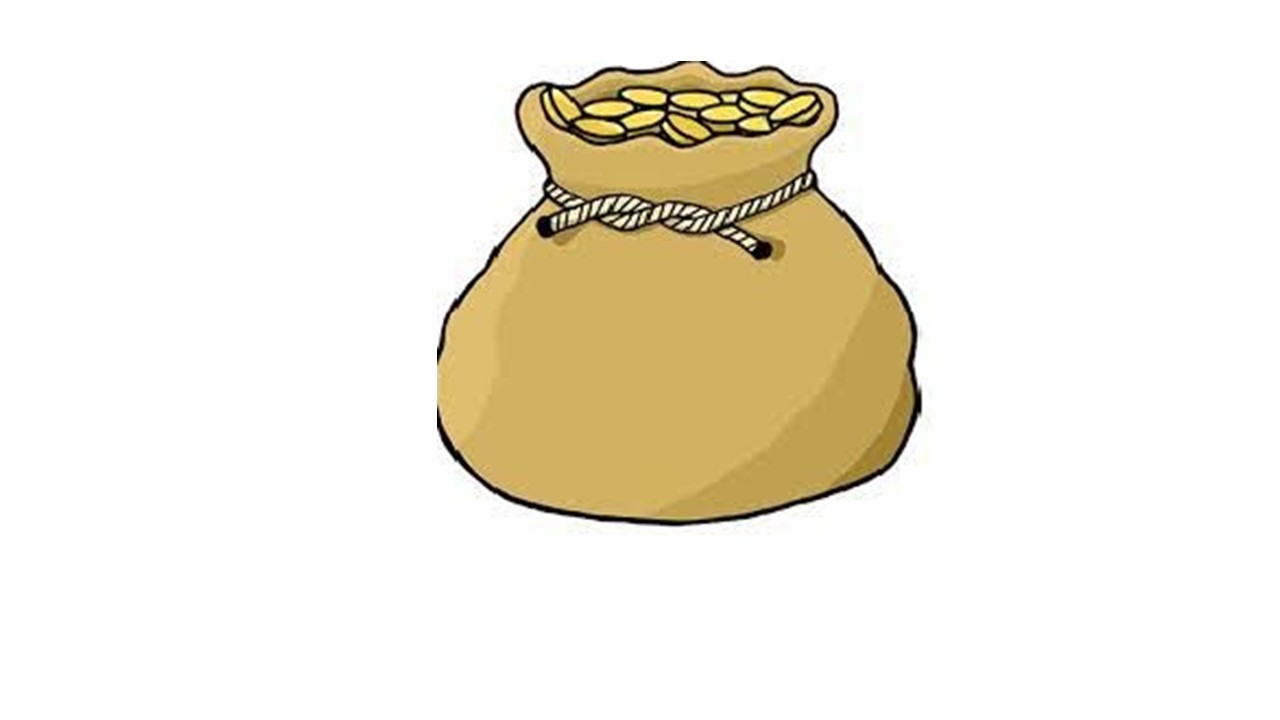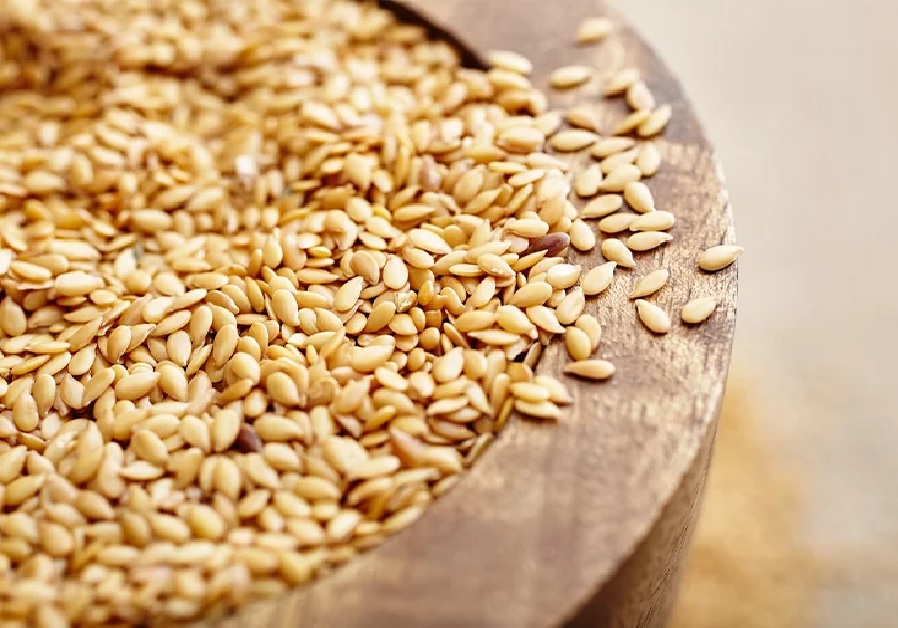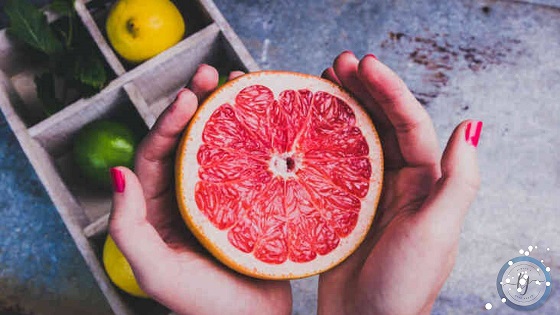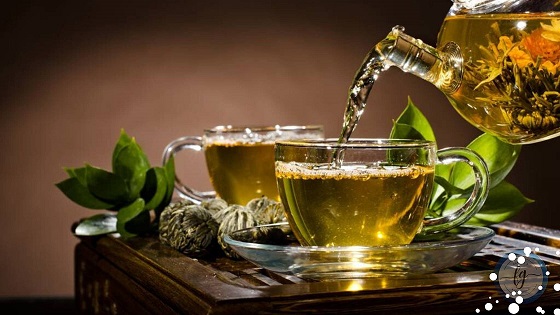Caffeine: What Is It and Is It Good or Bad for Your Health?
Caffeine is used by billions of people every day to help them wake up, get through a night shift, or get through an afternoon depression.
This natural stimulant is one of the most widely used ingredients on the planet.
Caffeine is well-known for having a negative impact on sleep and anxiety.
It does, however, seem to have a number of health benefits, according to reports.
What is Caffeine?
 Caffeine is a natural stimulant present in plants such as tea, coffee, and cacao. It helps you remain alert and prevents tiredness by stimulating the brain and central nervous system. Tea has been brewed since 2737 B.C., according to historians.
Caffeine is a natural stimulant present in plants such as tea, coffee, and cacao. It helps you remain alert and prevents tiredness by stimulating the brain and central nervous system. Tea has been brewed since 2737 B.C., according to historians.
Caffeinated soft drinks and energy drinks hit the market for the first time in the late 1800s. Caffeinated products are consumed by 80% of the world’s population on a daily basis, and this figure rises to 90% for adults.
How does it work?
Caffeine enters the bloodstream quickly after consumption. It then moves to the liver, where it is broken down into compounds that can impair organ function.
Caffeine’s primary effect, on the other hand, is on the brain.
It works by blocking the effects of adenosine, a neurotransmitter that causes brain relaxation and fatigue.
Adenosine levels normally rise during the day, making you feel exhausted and causing you to want to sleep.
In the brain, caffeine binds to and activates adenosine receptors, which keeps you alert. By counteracting adenosine’s effects, this lessens fatigue.
Additionally, it can boost the levels of the neurotransmitters dopamine and norepinephrine in the blood as well as the brain.
This combination increases brain stimulation and encourages arousal, alertness, and concentration. Caffeine is sometimes referred to as a psychoactive drug because of its effects on the brain.
Caffeine is present in which foods and beverages?
 Caffeine can be present in the seeds, nuts, and leaves of a variety of plants.
Caffeine can be present in the seeds, nuts, and leaves of a variety of plants.
Caffeinated foods and drinks are made from these natural sources, which are harvested and refined.
Caffeine content per 8-ounce (240-mL) serving of some common beverages is as follows:
• Espresso: 240–720 mg
• Coffee: 102–200 mg
• Yerba mate: 65–130 mg
• Energy drinks: 50–160 mg
• Brewed tea: 40–120 mg
• Soft drinks: 20–40 mg
• Decaffeinated coffee: 3–12 mg
• Cocoa beverage: 2–7 mg
• Chocolate milk: 2–7 mg
Caffeine is also used in some prescription and over-the-counter medicines such as cold, allergy, and pain relievers. It’s also used in a lot of weight-loss supplements.
Can improve mood and brain function
Caffeine has the ability to block the molecule adenosine, which is involved in brain signalling. Other signalling molecules including dopamine and norepinephrine are increased as a result of this. This shift in brain messaging is thought to improve mood and cognitive abilities.
including dopamine and norepinephrine are increased as a result of this. This shift in brain messaging is thought to improve mood and cognitive abilities.
Participants had increased alertness, short-term memory, and response time after ingesting 37.5–450 mg of caffeine, according to one study.
Furthermore, consuming 2–3 cups of caffeinated coffee a day (providing about 200–300 mg of caffeine) was related to a 45% lower risk of suicide a report.
Another research found that caffeine drinkers had a 13% lower chance of depression. When it comes to mood, more caffeine isn’t always better.
Research showed that drinking a second cup of coffee after the first had no additional benefits unless it was drunk at least 8 hours later.
Drinking 3–5 cups of coffee or more than 3 cups of tea per day can lower the risk of brain disorders like Alzheimer’s and Parkinson’s by 28–60 %.
Can boost metabolism and fat burning
Caffeine’s ability to activate the central nervous system has been shown to boost metabolism by up to 11% and fat burning by up to 13%.
In practice, taking 300 mg of caffeine per day can help you burn an additional 79 calories per day.
This sum may seem insignificant, but it is comparable to the calorie excess that causes the overall annual weight gain of 2.2 pounds (1 kg).
Can enhance exercise performance
Caffeine can increase the use of fat as a source of energy during exercise.
This is advantageous because it extends the life of glucose stored in muscles, eventually delaying the time it takes your muscles to exhaustion.
Caffeine can also help with muscle contractions and fatigue tolerance.
When taken 1 hour before exercise, doses of 2.3 mg per pound (5 mg per kg) of body weight increased endurance capacity by up to 5%, according to the researchers.
Benefits can be obtained with doses as low as 1.4 mg per pound (3 mg per kg) of body weight. Moreover, studies show that competitive sports, high-intensity training, and resistance exercises all have similar benefits.
Can protect against heart disease and diabetes
 Caffeine, despite popular belief, does not increase the risk of heart disease.
Caffeine, despite popular belief, does not increase the risk of heart disease.
In reality, studies show that men and women who drink 1–4 cups of coffee a day (equivalent to 100–400 mg of caffeine) have a 16–18% lower risk of heart disease.
Other studies indicate that consuming 2–4 cups of coffee or green tea a day reduces the risk of stroke by 14–20%.
Caffeine can slightly increase blood pressure in some people, so keep that in mind. However, this effect is usually minor (3–4 mmHg) and fades over time for most people who drink coffee on a regular basis.
It can also help to prevent diabetes.
According to a report, people who drink the most coffee have a 29 percent lower risk of type 2 diabetes. Those who ingest the most caffeine, on the other hand, have a 30 percent lower chance.
caffeine, on the other hand, have a 30 percent lower chance.
Decaffeinated coffee consumption was also related to a 21 percent lower risk of diabetes. This suggests that coffee’s other beneficial compounds can also help to prevent type 2 diabetes.
The bottom line
Caffeine isn’t as harmful as it was once thought.
In reality, evidence suggests that the opposite is true.
As a result, it’s safe to think of your regular cup of coffee or tea as a fun way to stay well.















































